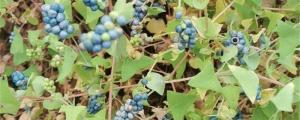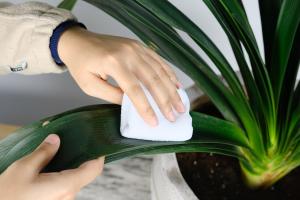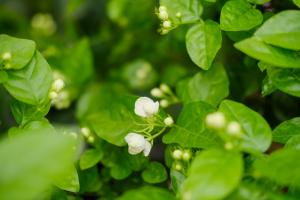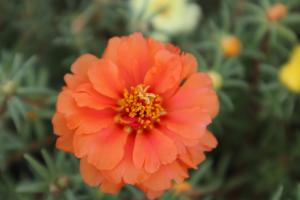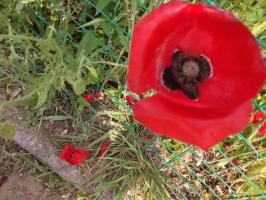Introduction
When it comes to planting seeds, the soil you use can make a huge difference in the success of your garden. One question many beginner gardeners have is whether they can use potting soil to plant seeds. The answer is not as simple as a yes or no, as there are several factors to consider. In this article, we will explore this topic in more detail.
What is Potting Soil?
Potting soil is a blend of organic materials such as peat moss, compost, and perlite, designed to provide a lightweight and well-draining environment for potted plants. It is formulated to provide all the nutrients and moisture that plants need to thrive in container gardening. Potting soil is typically sterilized to kill any harmful pathogens, weed seeds, or insects that could harm your plants.
Can You Use Potting Soil to Plant Seeds?
The main advantage of potting soil is that it is sterilized, which means it is free from any harmful organisms that can harm your seeds. However, potting soil tends to be too dense and compact for small and delicate seeds to germinate. It holds too much moisture, which can cause the seeds to rot or dampen off.
When is it Okay to Use Potting Soil to Plant Seeds?
If you are planting seeds that are large and robust, such as sunflowers or beans, potting soil may work well. These seeds do not require the same level of lightness and moisture as more delicate seeds, and they may be able to push through the dense potting soil with ease. However, it is still advisable to mix perlite or vermiculite with the potting soil to improve drainage and lightness.
Benefits of Using Potting Soil to Plant Seeds
One of the main benefits of using potting soil to plant seeds is that it is already sterilized. This means you do not have to worry about any harmful pathogens or insects that could harm your seeds or plants. Potting soil also contains a good blend of organic materials that can provide the nutrients your seeds need to grow into healthy plants.
Drawbacks of Using Potting Soil to Plant Seeds
The main disadvantage of using potting soil to plant seeds is that it is too heavy and dense for many small and delicate seeds. It retains too much moisture, which can lead to the seeds rotting or failing to germinate. Potting soil can also be more expensive than regular garden soil.
Conclusion
Overall, it is possible to use potting soil to plant seeds, but it is not always the best option. If you are planting large and robust seeds, such as sunflowers or beans, potting soil may work well. However, if you are planting delicate seeds, such as lettuce or broccoli, it is better to use seed starting mix or a mix of peat moss and vermiculite. Whatever option you choose, make sure to provide your seeds with the right amount of light, moisture, and nutrients for them to grow into healthy plants.

 how many times do yo...
how many times do yo... how many planted tre...
how many planted tre... how many pine trees ...
how many pine trees ... how many pecan trees...
how many pecan trees... how many plants comp...
how many plants comp... how many plants can ...
how many plants can ... how many plants and ...
how many plants and ... how many pepper plan...
how many pepper plan...
